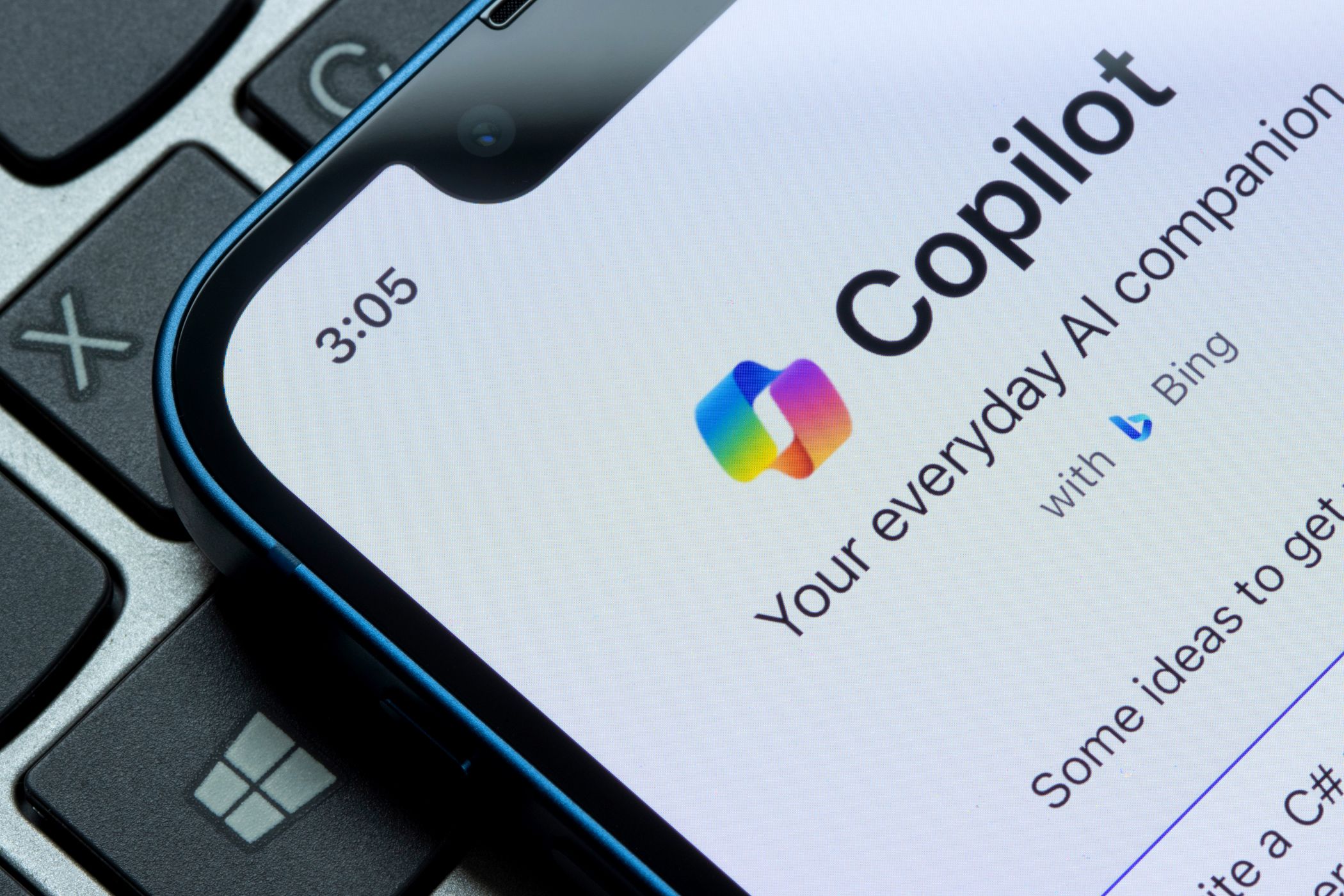Microsoft’s “Recall” Feature Looks Like a Privacy Nightmare and I Don’t Want It
Key Takeaways
- Microsoft adds a Recall feature to Windows 11 for AI-enhanced navigation.
- Recall stores desktop screenshots on the device, raising significant privacy concerns.
- Users have the option to disable Recall or switch to macOS or Linux for data security.
As part of its Copilot+ initiative, Microsoft is adding a Recall feature to Windows 11 computers. It promises to let the AI identify what you were doing in the past, so you can ask Copilot about your activity and have the AI tell you what you did. However, the way Microsoft is handling this feature is a huge privacy concern, and I don’t like it.
What Is Microsoft’s Recall Feature?
During its Microsoft Build keynote in 2024, the Redmond giant announced Copilot+ PCs. These are computers fitted with a neural processing unit (NPU), a special processor that handles AI tasks. It’s like how you have a CPU for general processes and a GPU for graphics tasks.
If a computer has an NPU installed, it can perform AI-based tasks locally. Usually, when you use a service like Copilot, it sends your requests to an external server to be processed and then returns the result. Having everything handled on your computer is a lot better for privacy; you don’t have to worry about businesses spying on your data when they receive it.
Microsoft announced that if a computer has a powerful enough NPU and meets the system requirements, it can be called a “Copilot+” machine. It means you can use special AI-based tools that Microsoft has designed to run locally on the system.
One of these new features is Recall (also known as Photographic Memory, which allows Copilot to remember how you used your PC in the past. For example, if you’re trying to remember where you put that document you opened a few days ago, Copilot can use Recall to reach back in time, find when you were using it, and tell you where you saved it.
Why Is Microsoft’s Recall Feature a Privacy Threat?
So, how does Recall remember what you did? Microsoft designed Recall to take a screenshot of your whole desktop at regular intervals, storing the image on your drive. Each photo has a lifespan of a few months before it’s deleted. When you ask Copilot about your computer usage history, Copilot will pore over these screenshots to find an answer.
The huge problem with this is that your computer will be full of images showing how you used your PC over a few months. If this gets into the wrong hands, people can unearth private information about you or any businesses you work with.
Fortunately, Microsoft has stated that Bitlocker will encrypt screenshots, so it’s not like a hacker can simply access your PC and gain access to the screenshots. However, if someone steals a laptop or PC, they can theoretically tinker with the device, break open the encryption, and gain access to your private information.
However, there’s also the chance that Microsoft will find a way to lock away the images so that no hacker can ever gain access to them. If this comes true, there’s still the element of trust with Microsoft itself. If Microsoft says it will never peek at the screenshots generated on your device, do you believe it? From hackers to Microsoft itself, Recall is a big privacy nightmare.
How to Disable or Avoid Recall
If the idea of Windows taking photos of your desktop makes you feel uneasy, there are two paths you can take. The one you should pick depends on how much you trust Microsoft with your data.
Disable the Recall Feature via Windows Settings
Windows 24H2 isn’t out yet, so we can’t dig through the operating system and check out how easy it is to disable Recall. However, as per the Wall Street Journal video above, at the 3:50 mark, there will be a way to disable Recall. If you don’t want this feature and trust Microsoft to respect your wishes, you can take this route and stop Windows 11 from taking screenshots.
Change Operating Systems to macOS or Linux
However, if you don’t trust Microsoft with your data, you’re best off changing operating systems as soon as possible. It may sound drastic, but with Microsoft going all-in on Copilot+, you can bet that Recall will stick around for years.
Even if your PC isn’t powerful enough to count as a Copilot+ PC, Tom’s Hardware reports that the Recall feature can still work without an NPU. As such, using an older PC to dodge Recall may not be the best solution. And sticking with Windows 10 may not be ideal once the operating system hits its end-of-life date in October 2025.
As such, your best bet is to jump ship. If you’re considering Apple, check out our quick guide to using a Mac for Windows users. If you want to try Linux, there are some good reasons why Linux Mint is the best for Windows users. And if neither tickles your fancy, try these free alternatives to Windows.
Windows Recall promises to make navigating your PC easier, but its method of gathering data has sparked major privacy concerns. Fortunately, you can turn it off if you don’t want it, but if you don’t trust Microsoft to respect your wishes, it’s best to hop to another system now.

